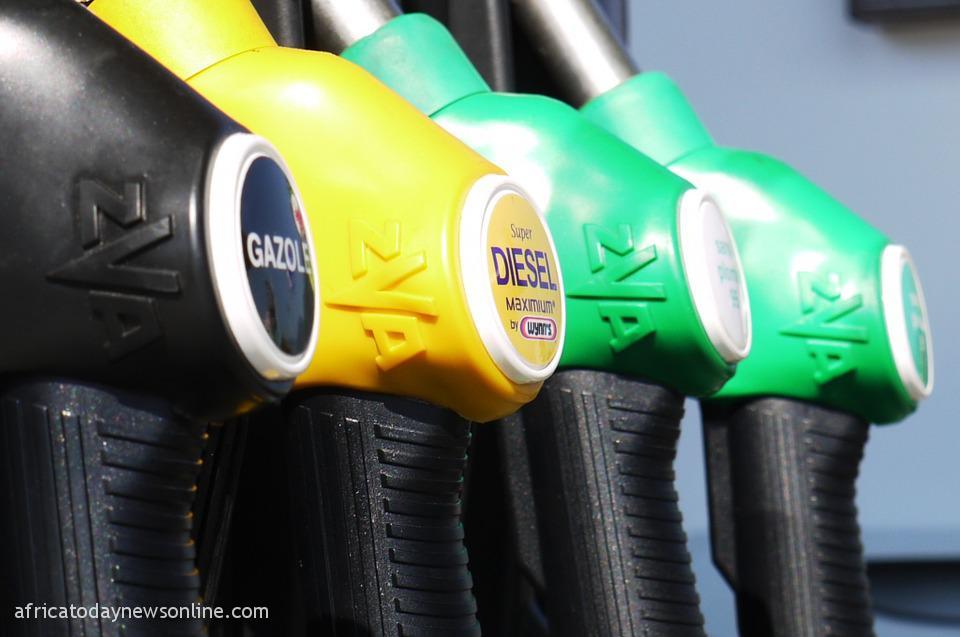As Asian trading began on Sunday, oil prices fell after the United Arab Emirates and the Iran-aligned Houthi group welcomed a ceasefire that would halt military operations along the Saudi-Yemeni border, easing some concerns about potential shortages.
This week’s losses follow a week that saw oil prices drop about 13 percent, their largest weekly drop in two years, after U.S. President Joe Biden announced the biggest release of U.S. oil reserves in history.
As of 2223 GMT, Brent crude futures were down $1.01, or 1%. 94 cents, or 0.9%, fell to $98.43 a barrel in WTI crude futures.
State news agency WAM reports the UAE applauded the announcement of a truce in Yemen that was mediated by the U.N.
Iranian-aligned Houthis, who have been fighting a coalition including the UAE in Yemen, have welcomed the ceasefire as well.
Yemen’s seven-year conflict has entered its first nationwide truce in years, and unrest will be ended as fuel will be imported into Houthi-held areas, and some flights will operate from Sanaa airport, a UN envoy said.
Read Also: Liberia Embraces U.S. Middle East Peace Plan
“This was a threat to supply, and a ceasefire would reduce that threat to supply”, Phil Flynn, analyst at Price Futures Group, echoed that sentiment.
As a result of Russia’s invasion of Ukraine in late February, global supplies have been in the spotlight.
Russia’s invasion led to sanctions that disrupted oil supplies, which led to the oil price reaching $140 a barrel for the first time in over a decade.
In a statement on Thursday, President Biden announced the release of 1 million barrels per day (bpd) of crude oil for six months starting in May, which is 180 million barrels more than any previous release from the U.S. Strategic Petroleum Reserve (SPR).
According to Japan’s industry ministry, member countries of the International Energy Agency agreed to coordinate oil releases in an extraordinary meeting Friday.
Still, “when you look at the release from the SPR, there are still a lot of questions about how they’re going to get all that oil out of there,” Flynn explained.
On Sunday, PJSC Gazprom, the Russian state-owned energy giant, announced it would continue to supply European consumers with natural gas via Ukraine.
AFRICA TODAY NEWS, NEW YORK
